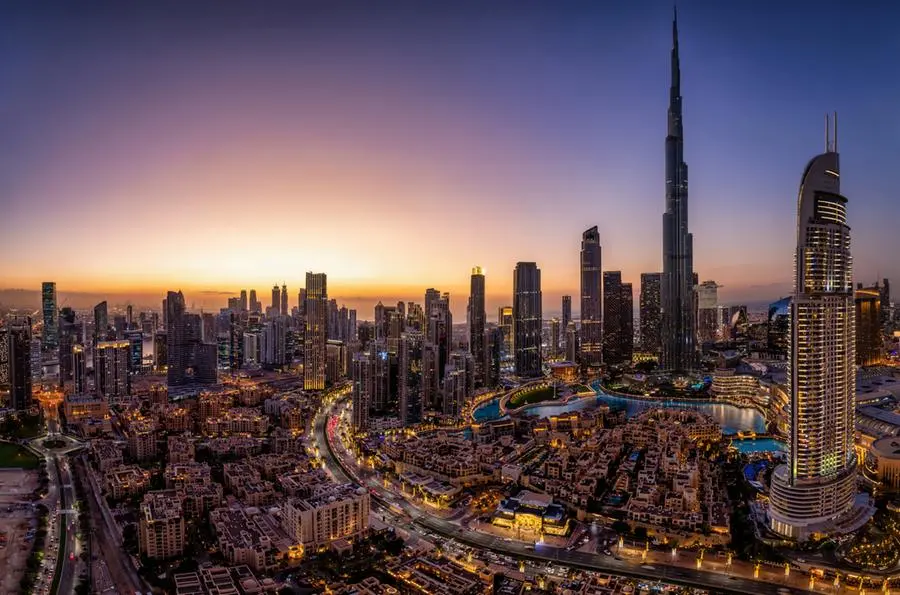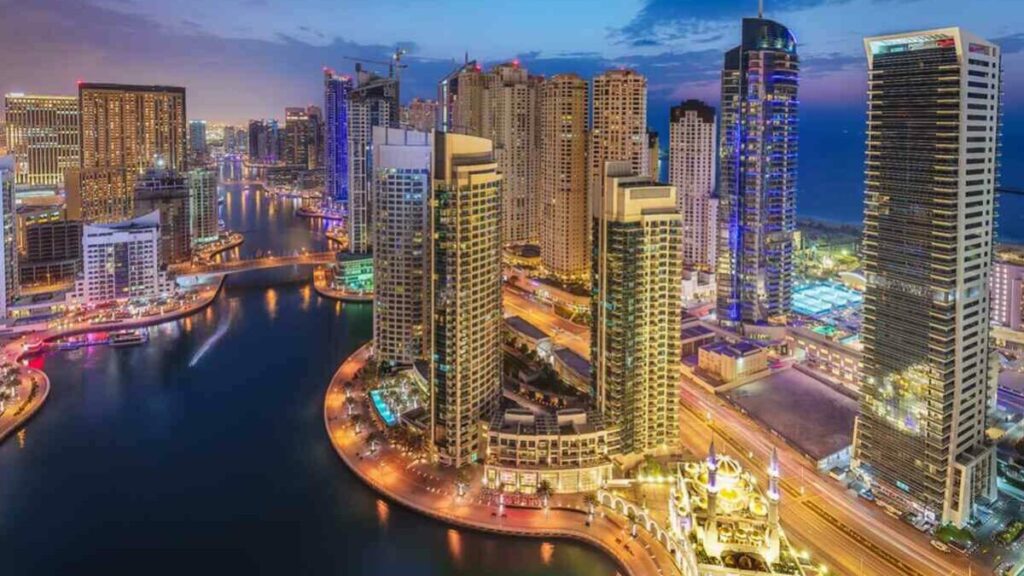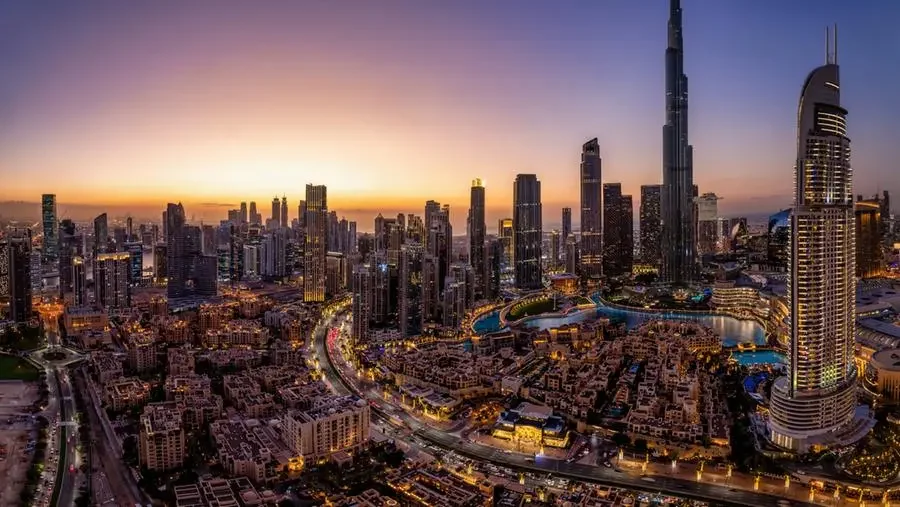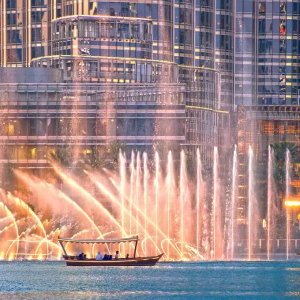Dubai residential property continues to show remarkable strength in 2025, with market fundamentals holding firm despite the usual seasonal slowdown. Real estate activity in the emirate, particularly during summer months, typically experiences a dip as residents and investors take time off for travel and holidays. However, this year, experts and analysts agree that the fundamentals of Dubai’s housing sector remain robust, signaling ongoing confidence in its long-term growth.
Why Dubai Residential Property Remains Resilient
Dubai has consistently positioned itself as a global real estate hub, attracting international investors, expatriates, and high-net-worth individuals. Several factors contribute to this resilience, including:
- Population Growth: The city continues to see rising numbers of residents, driven by job opportunities and government initiatives.
- Investor-Friendly Policies: Long-term residency visas, retirement visas, and relaxed ownership rules have boosted market confidence.
- Economic Diversification: Dubai’s economy no longer depends solely on oil; sectors such as tourism, finance, logistics, and technology fuel demand for housing.
- Strong Rental Yields: Investors consistently enjoy attractive returns compared to global real estate markets.
Even as transaction volumes ease slightly in summer, the underlying demand remains consistent, setting the stage for stability and future growth.

Seasonal Dip: A Normal Market Pattern
Seasonal dips in real estate activity are nothing new for Dubai. Much like other global property markets, certain months see reduced activity due to lifestyle patterns and weather conditions. The hot summer season often prompts residents to travel abroad, reducing short-term demand for rentals and purchases.
However, the important takeaway is that these dips are temporary. Historically, the market sees a rebound in the last quarter of the year as buyers, sellers, and investors return to the city. Analysts emphasize that this seasonal slowdown should not be mistaken for market weakness.


Long-Term Growth Indicators
While seasonal trends can shift activity in the short term, the long-term fundamentals of Dubai residential property are what truly define its strength. These indicators highlight why the sector continues to thrive:
1. Expanding Expat Population
Dubai remains a magnet for professionals from across the world. The city’s tax-free income, business-friendly ecosystem, and cosmopolitan lifestyle ensure a steady inflow of expatriates. This demographic growth keeps demand for both rental and ownership strong.
2. Government Initiatives
From the Golden Visa program to property-linked residency schemes, government-backed initiatives are transforming Dubai into a long-term destination rather than just a transient hub. Such policies create stability in housing demand, particularly among mid-to-high income buyers.
3. Tourism and Short-Term Rentals
Dubai is one of the world’s most visited cities. The short-term rental market, powered by platforms like Airbnb, creates lucrative opportunities for property investors. Seasonal dips in sales do not significantly affect this steady demand for short-stay accommodations.
4. Global Investor Confidence
Geopolitical stability, safety, and high-quality infrastructure make Dubai a trusted haven for international investors. Unlike more volatile markets, Dubai offers predictable returns and well-regulated real estate practices.
5. Diversified Property Offerings
From luxury beachfront villas on Palm Jumeirah to affordable apartments in emerging communities, Dubai caters to a wide range of buyers. This diversification protects the market from sudden downturns in one segment.
Market Performance in 2025
So far, 2025 has shown steady growth in property prices and rents across several communities. While some high-demand areas have witnessed slower price increases, overall momentum continues to be positive. Prime districts like Downtown Dubai, Dubai Marina, and Jumeirah Village Circle remain attractive for investors.
At the same time, affordable communities such as Dubai South and Dubailand are seeing increasing interest from first-time buyers, especially young families and professionals securing long-term residences.
The rental market also continues its upward trajectory, with yields among the highest globally. Investors are particularly drawn to mid-range apartments, which enjoy stable occupancy rates due to constant demand from expatriates.
Dubai Residential Property vs. Global Markets
Dubai stands out when compared to other global real estate hubs. While markets in Europe and North America face challenges such as rising interest rates, housing affordability crises, and stricter mortgage policies, Dubai offers a more favorable investment climate.
Key differences include:
- No Property Taxes: Owners enjoy tax-free returns.
- High Rental Yields: Often double or triple compared to mature markets like London or New York.
- Regulatory Transparency: Continuous improvements in real estate laws have boosted investor confidence.
- Lifestyle Appeal: Dubai’s global connectivity, luxury lifestyle, and modern infrastructure enhance property value.
Expert Insights
Industry analysts stress that Dubai’s market is entering a phase of sustainable growth. Unlike earlier cycles, where speculative buying led to sharp rises and corrections, today’s market is driven by genuine demand. End-user buyers, particularly expatriates looking to settle long-term, play a major role in keeping fundamentals steady.
Experts predict that while seasonal dips may cause slight fluctuations in monthly transactions, the overall trajectory for 2025 remains positive. Rental demand, particularly in mid-range and luxury properties, is expected to remain high due to population growth and continued corporate relocation.
Challenges Facing the Market
Despite strong fundamentals, Dubai’s residential property market does face certain challenges:
- Affordability Concerns: As prices rise, some middle-income buyers may find it difficult to enter the market.
- Global Economic Trends: Fluctuations in oil prices, currency rates, or global recessions could indirectly affect investor sentiment.
- Oversupply Risks: Although demand remains high, developers must balance supply to avoid saturating certain segments.
However, these challenges are manageable compared to the broader strengths of the market.

Opportunities for Buyers and Investors
For buyers and investors, the current environment offers several opportunities:
- End-Users: Seasonal dips can be a good time to negotiate better deals on homes.
- Investors: Strong rental yields ensure steady income, especially in high-demand areas.
- First-Time Buyers: Government schemes and flexible payment plans make home ownership more accessible.
- Luxury Buyers: Prime properties continue to hold long-term value, especially in exclusive neighborhoods.
Looking Ahead: What to Expect in 2026
As Dubai prepares for major global events, ongoing infrastructure projects, and further diversification of its economy, the real estate sector is expected to remain a key pillar of growth. Experts forecast that demand will stay strong, especially as the city continues to attract new residents and investors from around the world.
With Expo legacy projects, sustainable urban planning, and smart city initiatives, Dubai is not just maintaining its property fundamentals but strengthening them for the future. Seasonal dips will remain part of the natural market cycle, but they are unlikely to overshadow the broader trajectory of growth.
Conclusion
Dubai residential property has once again proven its resilience. Despite the seasonal dip in transactions during summer, the fundamentals of the market remain solid, supported by population growth, investor-friendly policies, and global confidence in Dubai’s real estate ecosystem.
For investors, homebuyers, and industry watchers, the key message is clear: temporary dips do not undermine the long-term strength of Dubai’s property sector. Instead, they provide opportunities for strategic investments in a market that continues to shine on the global stage.
Do follow UAE Stories on Instagram
Read Next – Rise by Athlon Dubai transforms active living with Aldar












